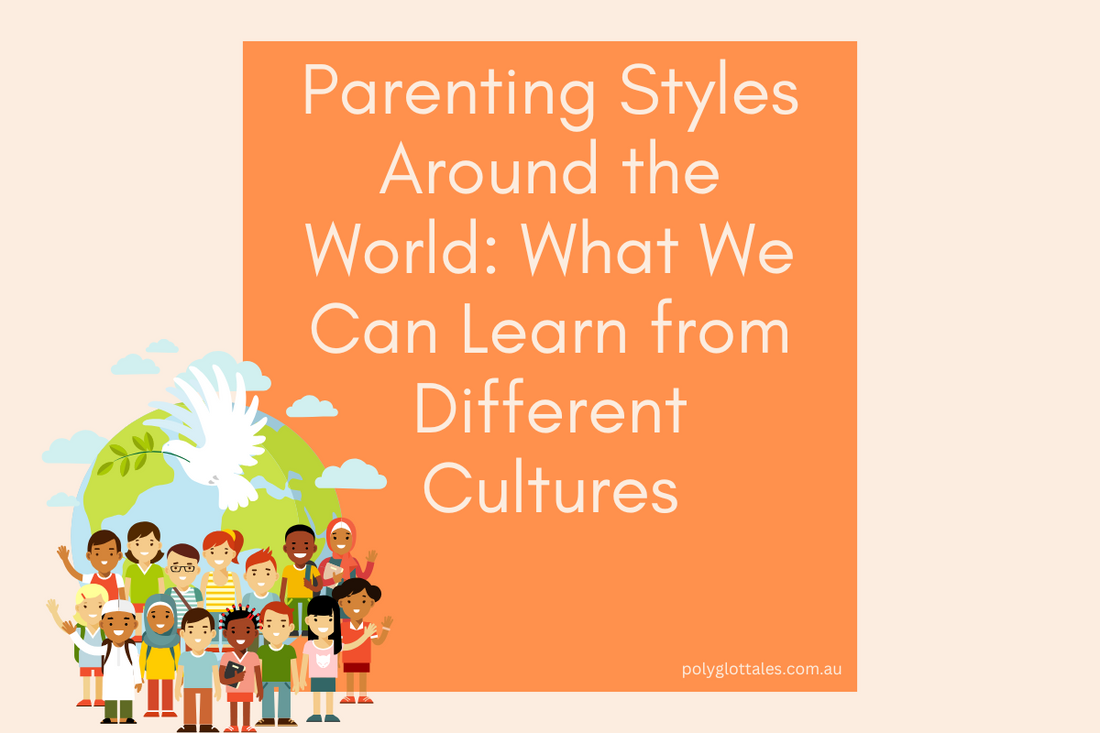Parenting is a universal experience, yet it varies significantly from one culture to another. Across the globe, different societies have developed unique approaches to raising children, shaped by their traditions, values, and social norms. While no single method is perfect, there is much to learn from the diverse parenting styles practiced worldwide. Let’s explore how different cultures nurture their children and what lessons we can take from them.
1. Japan: Emphasizing Independence and Responsibility
In Japan, children are taught independence from an early age. It’s common to see young kids navigating public transport on their own or running errands. This is rooted in the belief that children should learn responsibility and self-sufficiency early in life. Japanese parenting also emphasizes social harmony, teaching children the importance of cooperation and respect for others.
Lesson: Encouraging independence and responsibility in children helps them develop confidence and problem-solving skills, preparing them for adulthood.
2. Denmark: The Power of Hygge and Outdoor Play
Danish parents embrace the concept of hygge, a sense of coziness and well-being, in family life. They prioritize a stress-free environment and encourage open communication. Additionally, outdoor play is a fundamental part of childhood in Denmark. Regardless of the weather, children spend time outside, fostering resilience and a connection to nature.
Lesson: Creating a warm, supportive family environment and encouraging outdoor play can enhance a child’s emotional well-being and physical health.
3. Kenya: Community-Based Parenting
In many Kenyan communities, parenting is a shared responsibility. The concept of "it takes a village to raise a child" is practiced daily, with extended family members and neighbors actively involved in child-rearing. Children grow up with a strong sense of belonging and community support.
Lesson: Involving extended family and fostering community support can provide children with a rich social environment and emotional security.
4. France: Teaching Patience and Politeness
French parents are known for their structured yet relaxed approach to parenting. They emphasize teaching children patience, manners, and the ability to entertain themselves. Mealtimes are important, and children are expected to sit at the table and eat what is served without complaints.
Lesson: Teaching children patience and social etiquette from a young age helps them develop self-control and respect for others.
5. Indigenous Communities in Latin America: Gentle Guidance and Autonomy
Many Indigenous cultures in Latin America practice a non-coercive, respectful approach to parenting. Instead of punishment, parents guide children gently by modeling behaviors and allowing them to make their own choices. This fosters intrinsic motivation and responsibility.
Lesson: Leading by example and allowing children to make choices can help them develop a strong sense of self-discipline and accountability.
6. China: Emphasizing Education and Discipline
In China, education is highly valued, and parents often take an active role in their children’s academic success. Discipline and perseverance are encouraged, and children are taught the importance of hard work from a young age. This structured approach helps children develop strong work ethics and resilience.
Lesson: Instilling the values of discipline and perseverance can help children strive for excellence and develop resilience in the face of challenges.
Final Thoughts
There is no one-size-fits-all approach to parenting, but by exploring different cultural perspectives, we can incorporate valuable lessons into our own parenting practices. Whether it’s fostering independence, encouraging outdoor play, or promoting patience and respect, these global insights can help us raise well-rounded, resilient children.
What parenting lessons have you learned from other cultures? Share your thoughts in the comments!

